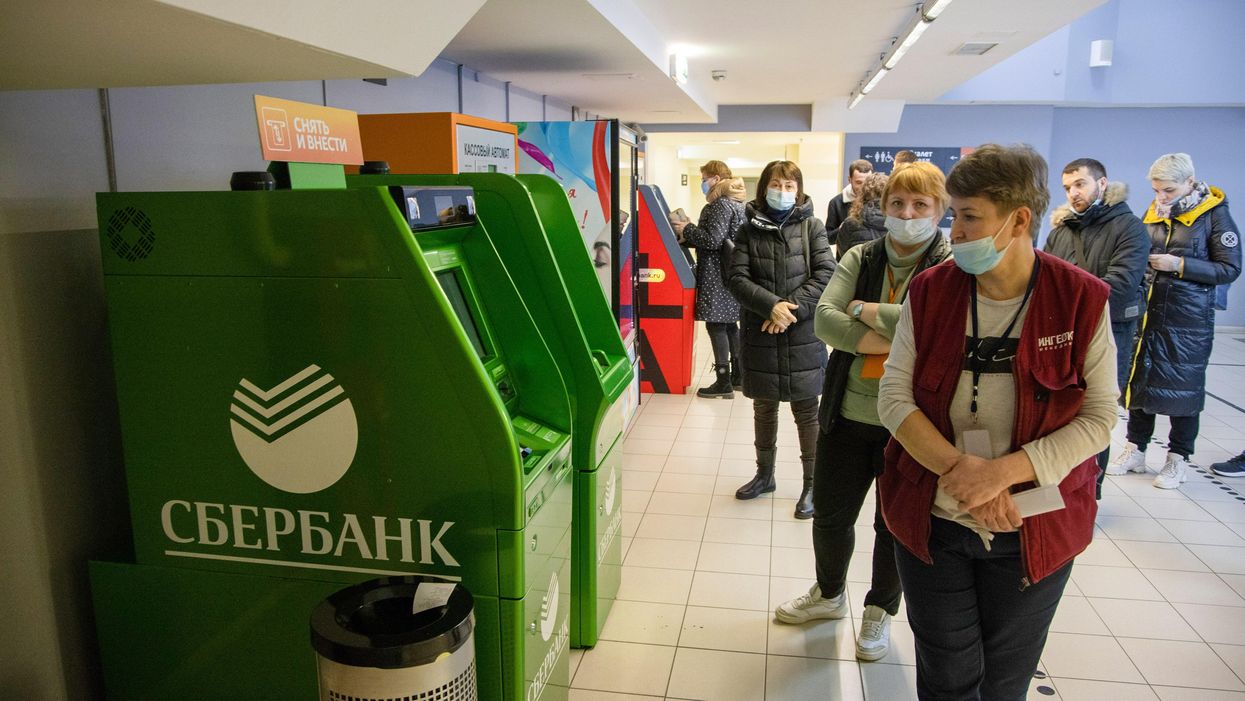Ukraine: Russia doubles interest rates as ruble falls

Following the 30 percent fall of the ruble amid Western sanctions, the Bank of Russia said, on Monday, that it raised the key interest rate to 20 percent from 9.5 percent to help cushion the impact of the ruble’s slide.
The rate rise by Russia’s central bank was an emergency response aimed at halting the rapid depreciation in the value of the ruble against the dollar, which threatens to wipe out the currency’s buying power as well as destroy the savings of ordinary Russians, the British Broadcasting Corporation reports.
This came as the UK, along with the US and EU, cut off Russia’s banks from SWIFT and financial markets in the West, placing restrictions on the central bank, state-owned investment funds, and the finance ministry.
The UK’s Chancellor of Exchequer, Rishi Sunak, in a tweet, on Monday, said, “In conjunction with our allies, I am taking immediate steps to impose new financial sanctions on the Central Bank of Russia, Russian National Wealth Fund, and the Ministry of Finance.
“We will continue to support the Ukrainian people in bringing this unjust war to an end.”
In a statement released to the UK government website, the chancellor further said, “These measures demonstrate our determination to apply severe economic sanctions in response to Russia’s invasion of Ukraine.
“We are announcing this action in rapid coordination with our US and European allies to move in lockstep once more with our international partners, to demonstrate our steadfast resolve in imposing the highest costs on Russia and to cut her off from the international financial system so long as this conflict persists.”
The Russian central bank appealed to the population amid growing panic that new financial sanctions from the West could spark a run on its banks, would see too many people trying to withdraw money. The bank said it had “the necessary resources and tools to maintain financial stability,” the BBC reports.
Long queues have, however, been seen forming at cash machines and money exchanges in Moscow, with people worried that their bank cards may stop working or that limits will be placed on the amount of cash they can withdraw.



